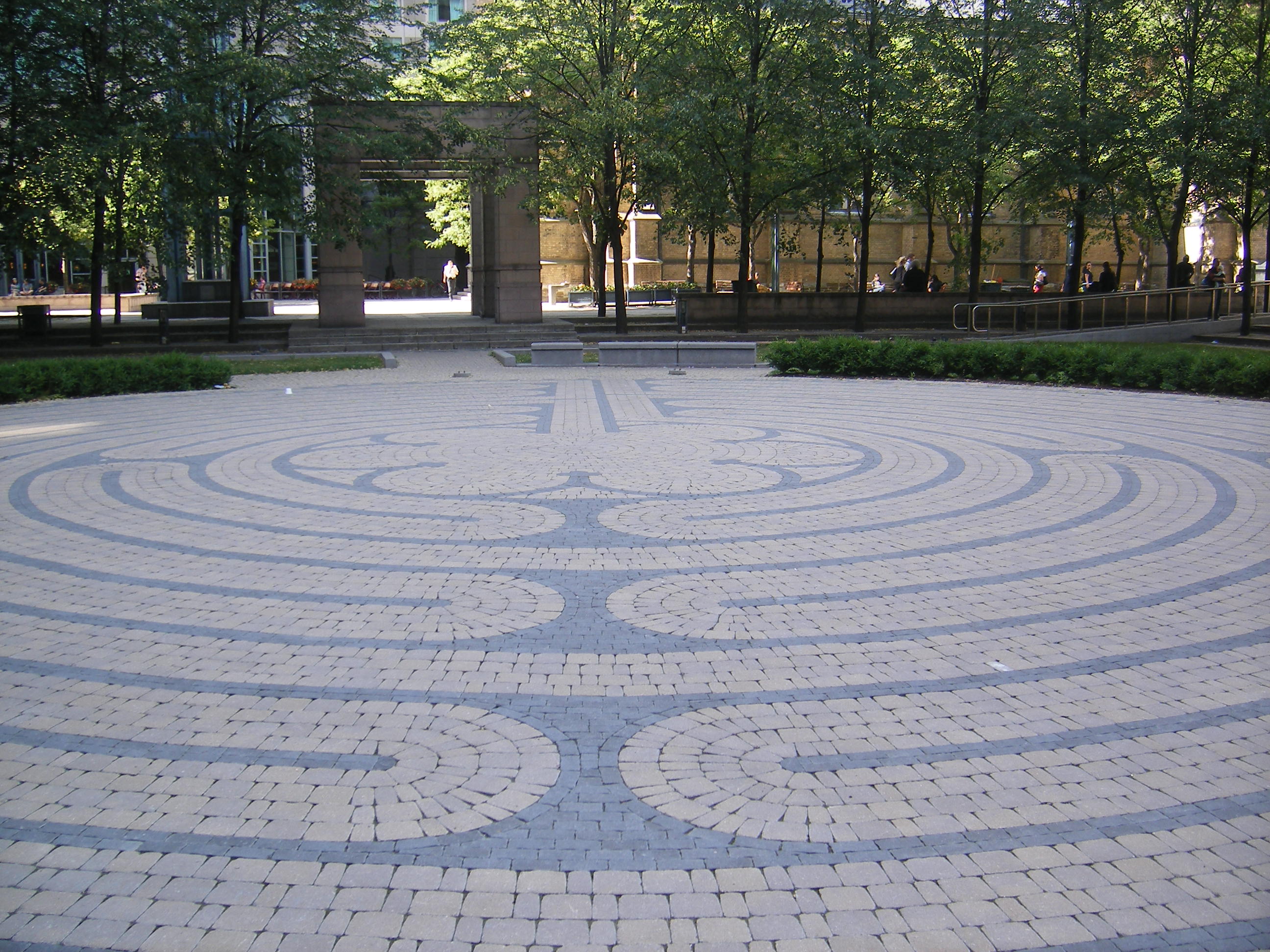The Mindful Mason
MAP
Issue 1, 2025

Have you ever completed a basic task – drove home, mowed the lawn, watched a television show, etc. – only to realize that your mind had wandered nearly the entire time, resulting in having difficulty recalling how you got from start to finish?
While a wandering mind is common, it can have harmful (or even dire) impacts on our wellbeing. This is in part due to our mind’s “negativity bias,” which is the brain’s tendency to focus on things of an unpleasant nature, rather than pleasant ones. This means we are more likely to experience intensified stress, worry, and sadness when our minds wander, rather than hope, reassurance, and joy.
Mind wandering can also present a safety hazard, as just a single moment of distraction or inattentiveness on a worksite can lead to injury, accidents, or worse. One study showed that up to 80% of all accidents on construction sites are attributed to unsafe worker behaviors, including those linked to mind wandering.
In contrast to mind wandering, “mindfulness” is the practice of directing attention and awareness to what is happening in the present moment. Mindfulness is a stress management technique that goes beyond simple focus – it includes removing criticisms, blame and judgment from the moment; and working towards acceptance over reactions. The idea is that the more you can accept versus resist whatever is happening to you right now, the less you suffer. The less you suffer, the more empowered and effective you can be from one moment to the next.
The promotion of mindfulness practices is gaining traction within the construction industry and among worker wellness champions, for not only its mental health benefits, but its favorable safety and performance outcomes. On and off the jobsite, mindfulness has been shown to help with stress, anxiety, and depression reduction; increase calmness and clarity; improve unbiased decision making and adaptive coping; improve situational awareness and accident reduction; and enhances communication.
Being mindful is often compared to muscle building – the more you practice and use it, the easier and closer to second nature it becomes. One of the most common ways to develop mindfulness, is through practices like meditation (see our article on the Calm App for more information).
While misconceptions and stigmas about meditation persist, do not let them stop you from reaping its rewards. Meditation can work for anyone – anywhere – and is becoming increasingly popular among construction professionals. Mindfulness is an accessible solution that you can ‘take on the go’ in high-pressure environments – whether at work or out in the world.
To further discuss mindfulness or stress management more broadly, please contact the BAC Member Assistance Program, M-F, 8am-7pm ET, at 1-833-MAP-TALK.
